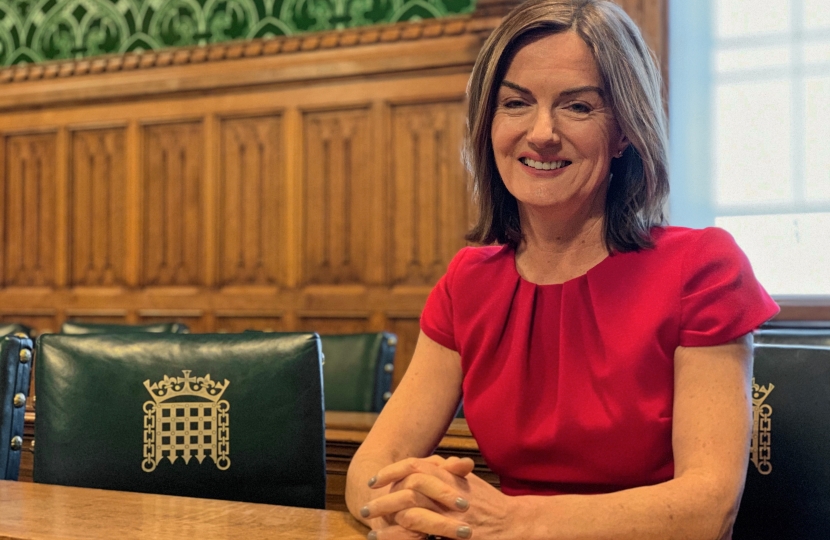
Throughout the pandemic, many excellent GPs have been doing a great job supporting patients despite the considerable challenges imposed by Covid.
However, it is crucial that all local practices now liberalise their policy of telephone consultations – many of which are the entire extent of medical advice given to patients. I have been working to gather and collate patient experiences, meeting practices and the views of local CCG leads to ensure my constituents’ voices are heard.
Whilst telephone triage sounds reasonable and patients should be signposted to the correct care provider, in practice it is a barrier to access that prevents delivery of prompt and appropriate care. Some patients, having navigated the system - which is in itself a challenge - may get redirected incorrectly, or in some tragic cases given a telephone-only appointment and not diagnosed. There is a place for digital virtual innovation in healthcare but it cannot replace a conversation with a GP or nurse practitioner - there will always be patients and conditions that require face to face contact with a medical professional. Mental health in particular is very difficult to diagnose and support without private and in-person consultations.
I recognise this is a national problem but some super surgeries which handled all their calls through call centres before the pandemic appear to have experienced greater challenges. Many patients cannot attend GP sites to make an appointment or a undergo a simple medical procedure such as a blood test and the doors remain closed to people unless they have first navigated the call centre booking system. Practices must exercise their discretion and recognise not all cases can be handled down a phone line.
It is also important to remember that approximately 80% of GPs are self-employed, independent of the Department for Health and Social Care, and earn over £100,000 per year if working full time. GPs have a contract based on patient numbers and local deprivation, and it is important that they are providing the services they have committed to patients in full. GPs are regulated by Care Quality Commission (CQC) with whom I may take up further action if necessary. I strongly believe all GPs have a duty to their patients to provide the most comprehensive level of care possible.
We must be vigilant to ensure that practices do not use the pandemic as an excuse to move to the call-based model permanently as it disadvantages too many patients and has led to substandard levels of medical care. Unless we have conveniently accessible GPs we will continue to need an alternative walk-in option at A&E, making the Future Fit plan to move A&E out of Telford even less credible if GPs cannot even deliver routine accessible care via local practices.
I will continue to follow this matter closely, both in Telford and in Parliament.

